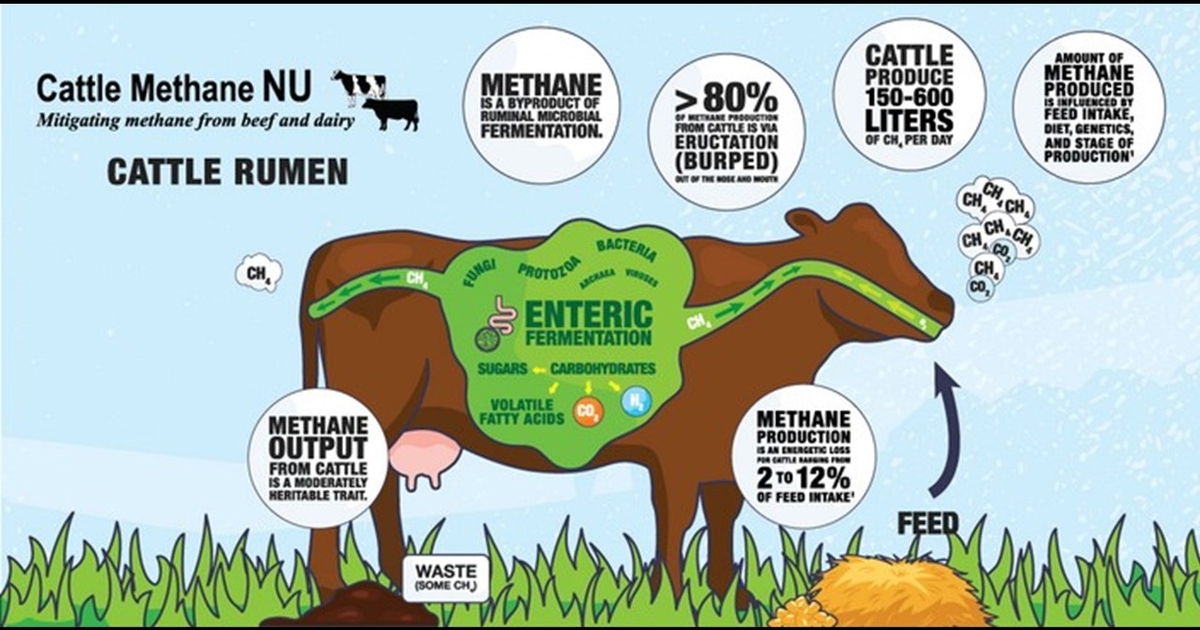Mars, IDH join forces to support small-scale cattle ranchers in Brazil
Posted on September 9, 2024
Source: Farm Progress. The original article is posted here.

Mars’ Pet Nutrition business will invest €600,000, building on a €80,000 investment from IDH, to further develop the program and expand support to an additional 120 ranchers by the end of 2026. The Sustainable Production of Calves Program, which has been running since 2019 and currently supports 700 small-scale cattle ranchers in three different biomes in Mato Grosso and Pará states of Brazil, aims to improve the sustainability, resilience, and incomes of small-scale cattle production. Through the program, ranchers receive training and technical assistance in areas such as environmental regularization, soil health, water, pasture management, animal welfare, as well as support to access markets for their products. The program also aims to reduce carbon emissions associated with beef production and increase cattle traceability, encouraging deforestation-free supply chains.
"As Mars continues to make progress in achieving our goal of net zero emissions by 2050, we are proud to be partnering with IDH to expand this important initiative," Paul Gardner, Mars Pet Nutrition chief procurement officer. "Mars Petcare is committed to sustainability and responsible sourcing, and we believe that supporting small-scale ranchers in Brazil as they adopt regenerative agriculture practices is an important step for the long-term health of the planet.”.
The IDH Brazil interim country manager, Manuela Maluf Santos, commented: "We are excited to be working with Mars Petcare on this program, which aligns with our shared goal of promoting sustainable and inclusive agro-commodities production in Brazil. Together, we believe that we can make a real difference in the lives of small-scale ranchers and the environment, by transforming markets."
Field activities have begun and are expected to have a significant impact on the sustainability of small-scale cattle production in Brazil. In addition, this investment will support IDH and its partners in achieving the goal of registering 1 million traceable animals by 2025 following the Protocol for the Sustainable Production of Calves.

.jpg?disable=upscale&width=1200&height=630&fit=crop)


